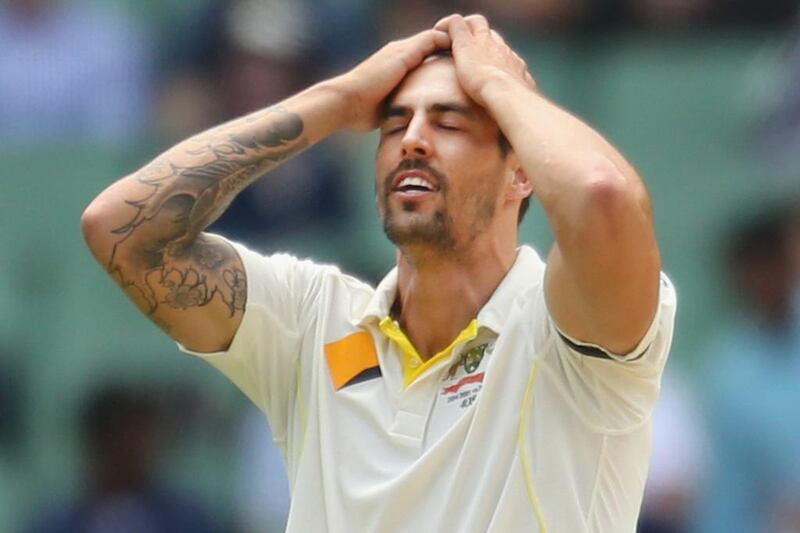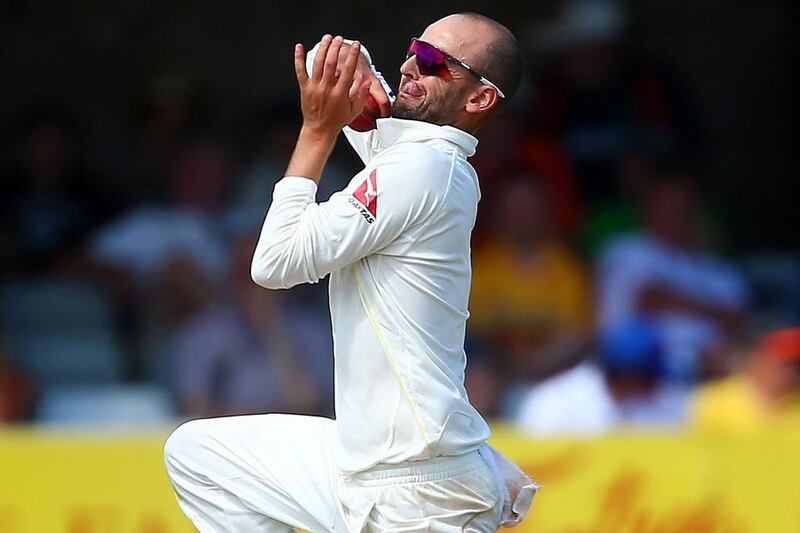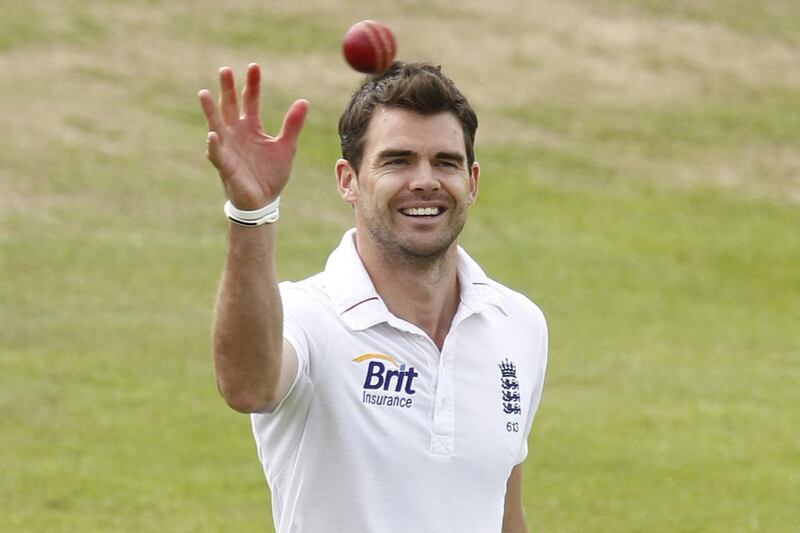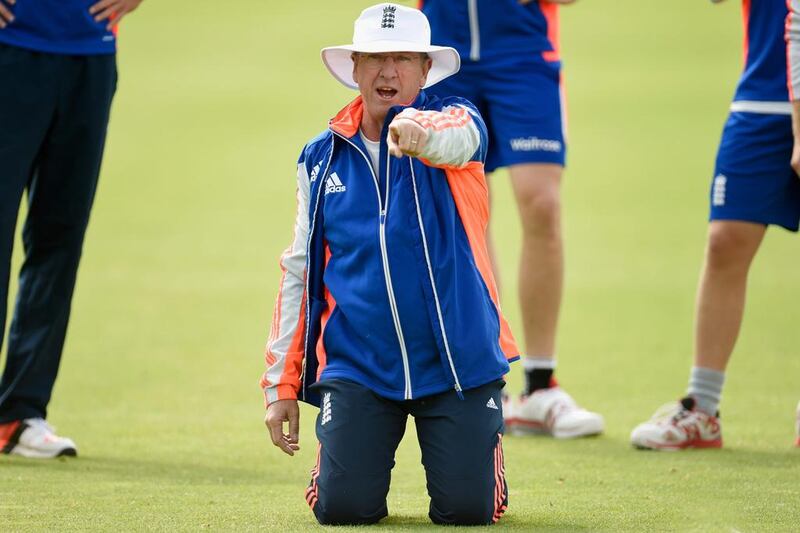A third Ashes series in two years may feel like overkill, but once the series begins on Wednesday rest assured it will not. Australia arrive as favourites, for a variety of reasons, not least because of the 5-0 whitewash in 2013/14.
They are a more experienced side, as well, but their record in England is poor. Here are five factors that will make and break this series.
English pitches
Australia’s pace attack, even without the recently retired Ryan Harris, looks awesome. But that awesomeness has been built mostly on surfaces that will be very different to what they find in England.
They will not be as alien as the surfaces in the UAE, which completely doused Australia’s pace last winter, but neither will they have the bounce which so lifts them.
Mitchell Johnson’s record in Tests in England, for instance, is poor: he averages 37, concedes more than four runs an over and has only 23 wickets from seven Tests. Josh Hazlewood may enjoy himself, but it will hardly be surprising if the others do not go as well as their reputation suggests. There is, after all, a reason why Australia have not won an Ashes series in England since 2001.
Spin support
The portent for spinners does not look bright in this series, and not just because, Shane Warne apart, spinners have rarely dominated modern Ashes series.
Nathan Lyon, in his one tour game, went for nearly six an over for just one wicket. The leggie Fawad Ahmed took wickets but went for similar runs. Meanwhile, it is difficult to say both the selected England spinners are actually specialist spinners.
One way or another, pace will dominate this series, as it usually does. But, as supporting acts, spin will be critical. Lyon is the best spinner from this pool, and he has become a good one during the last six months, after match-winning performances against India.
If Moeen Ali can bowl with the discipline and rhythm he did a year ago against India, England will prosper. He may not match Graeme Swann’s 26-wicket haul from 2013, but he will be as important.
Swinging conditions
Can Australia’s batsmen counter it? In the last few years, their top order has shown serious frailties against good, new-ball swing bowling, and it does not get much more difficult than facing James Anderson and Stuart Broad in England.
For all the recent improvements in David Warner’s Test game, questions can be asked about how he equips himself this summer. In 2013, he had a miserable time – on and off the field – and he has become so vital to Australia’s game that failures now may filter down.
Steven Smith, on the other hand, had a breakout series. It will be to him, as well as Michael Clarke, Chris Rogers and Shane Watson, that Australia look to negotiate swinging conditions.
Bayliss and ‘Boof’
If Trevor Bayliss can take inspiration from anywhere, it is from his counterpart and fellow Australian, Darren Lehmann.
Lehmann was parachuted in as Australia’s coach just before the Ashes began in 2013. It was seen at the time as a panic measure, more so in the aftermath of a 3-0 loss. But Lehmann has helped turn the side around since.
Bayliss is England’s fifth Test coach since 2007, which sounds more merry-go-roundish than it actually is because, in between, they have had one era of great stability. Nevertheless, he has taken over at a time of great upheaval and, like Lehmann, poor results.
Like Lehmann, he seems naturally equipped to loosen up a high-strung team atmosphere, which is what England may need. His predecessor, Peter Moores, has left him with a good crop of younger players to build upon.
A new England revolution
This is a vastly different England side to the one that played in the 2013 Ashes, and different still to the one that played in Australia later that year.
This will be Joe Root’s third Ashes, but he is, in a sense, still the face of a new England. It might be that the freshness and zest – and relatively unscarred experiences – of players such as Gary Ballance, Ben Stokes, Jos Buttler, Moeen and Mark Wood play a part the longer the series goes.
The contrast with an older, better-settled Australian side is clear. It is the last Ashes for many of Clarke’s men and if, that can be supreme motivation, their age can also work against them.









